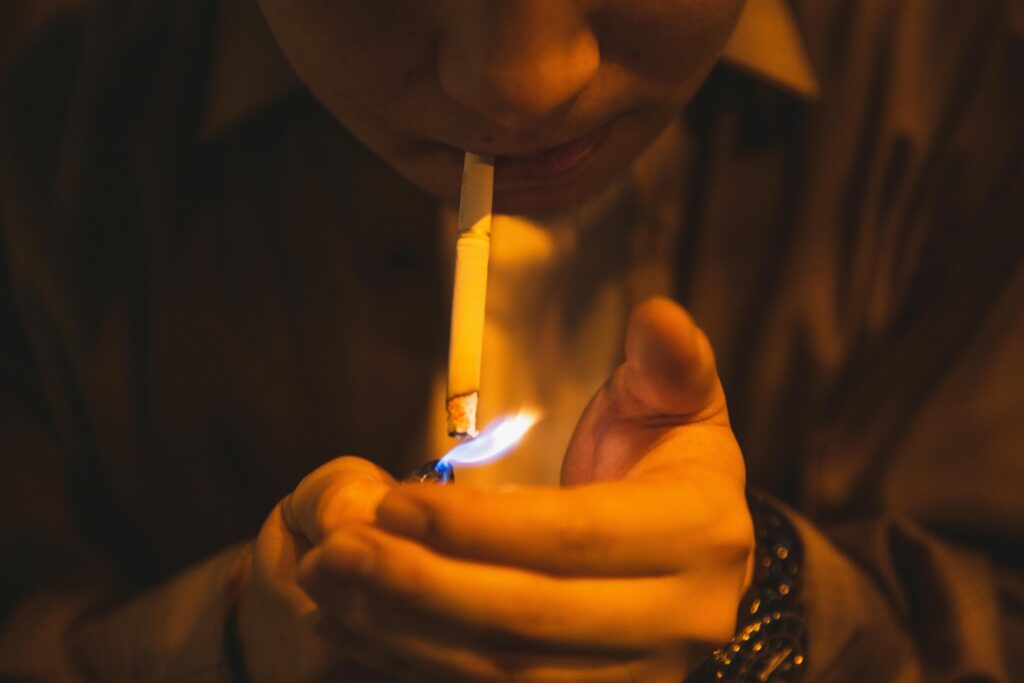Experimentation, relaxation, social pressure – there are many reasons why people might use drugs. But how do you know when occasional use has tipped over into problematic drug abuse? This can be a confusing question, and the answer isn’t always black and white. At IntegroRecovery Clinic, we understand the complexities of addiction and mental health. In this post, we’ll explore the signs that drug use might be turning into drug abuse, the impact on mental health, and how to get help.
Understanding Drug Use vs. Drug Abuse
First, let’s clarify the difference between drug use and drug abuse. Drug use simply refers to consuming any substance that alters your mood or physical state. This can include prescription medications, over-the-counter drugs, and illegal substances. Drug abuse, however, involves a pattern of problematic drug use that negatively affects your life.
Here are some key signs that drug use may have crossed the line into abuse:
- Increased use and dosage: You find yourself needing more and more of the drug to achieve the same effect, or using it more frequently than intended.
- Loss of control: You struggle to limit your drug use, even when it’s causing problems in your life.
- Neglecting responsibilities: Work, school, relationships, and personal well-being suffer because of drug use.
- Risky behavior: You engage in dangerous activities while under the influence, putting yourself or others at risk.
- Hiding your use: You feel ashamed or secretive about your drug use and go to lengths to conceal it.
- Withdrawal symptoms: You experience physical or psychological discomfort when you try to stop using the drug.
- Mental health issues: Anxiety, depression, and other mental health conditions can co-occur with drug abuse, creating a complex situation and cycle.
The Mental Health Connection: How Drugs Affect the Brain
Drugs don’t just impact your physical health; they significantly alter your brain chemistry. Many addictive drugs (but not all) target the brain’s reward system, flooding it with dopamine, a neurotransmitter that creates feelings of pleasure and motivation. This can lead to cravings and a strong urge to continue using the drug, even when it’s detrimental.
Over time, drug abuse can disrupt the brain’s natural reward system, making it difficult to experience pleasure from healthy activities. This can contribute to mental health problems like depression, anxiety, and even psychosis. Conversely, pre-existing mental health issues can sometimes be a risk factor for drug abuse, as people may self-medicate to cope with difficult emotions for example.
Seeking Help: Taking the First Step Towards Recovery
If you’re concerned about your own drug use or that of someone you care about, there is help available. Here are some resources:
- Talk to a provider: A healthcare professional, such as one of our providers, can assess your situation and recommend appropriate treatment options.
- Seek professional help at a recovery center: Comprehensive treatment programs can address both the physical and mental health aspects of addiction.
- Join a support group: Connecting with others who are facing similar challenges can be incredibly helpful.
Understanding Your Options at IntegroRecovery Clinic
At IntegroRecovery Clinic, we believe in a holistic approach to healing. Our team of addiction specialists and mental health professionals work together to create personalized treatment plans that address the underlying causes of substance abuse. We offer a variety of evidence-based treatment options and resources, internally and externally, including:
- Detoxification: This medically supervised process helps your body safely eliminate the drug from your system. (exterior resource)
- Individual therapy: One-on-one sessions with a therapist to explore the root causes of your addiction and develop healthy coping mechanisms.
- Group therapy: Sharing experiences and receiving support from others in recovery can be a powerful tool.(exterior resource)
- Medication-assisted treatment (MAT): Certain medications can be used to manage withdrawal symptoms and cravings, making it easier to focus on therapy and other recovery efforts.
Next Steps – Where to Go From Here With Drug Use or Drug Abuse
We understand that reaching out for help can be scary, but it’s the bravest and most important first step towards a healthier life. At IntegroRecovery Clinic, we offer a safe, supportive environment where you can heal and rebuild your future.
Remember, you are not alone. If you are struggling with drug abuse, please contact IntegroRecovery Clinic today below:




Comments are closed